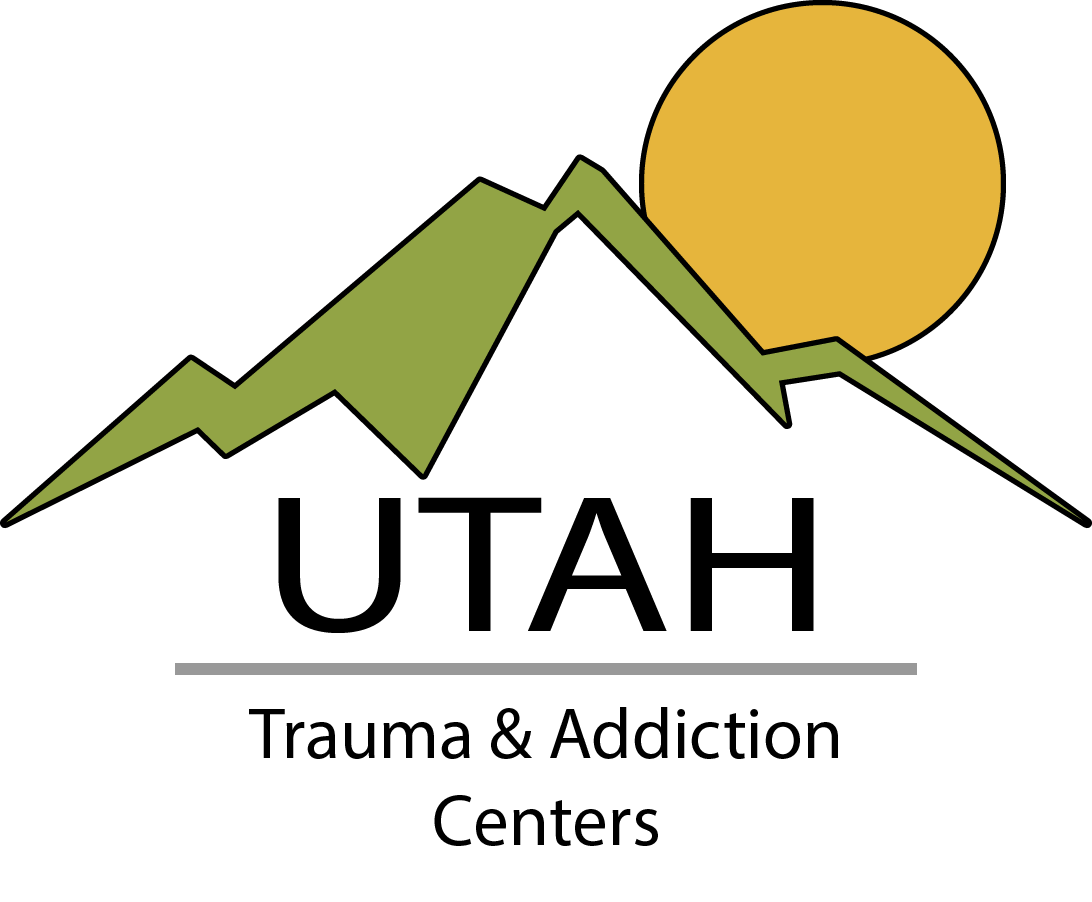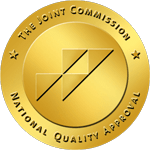Alcohol Withdrawal Symptoms
Christian Recovery Alcohol Withdrawal Symptoms
 When a person who drinks everyday suddenly stops drinking, one can experience alcohol withdrawal. Alcohol withdrawals are most common with adults, but can happen to adolescents as well. The more you drink, the more likely you will have alcohol withdrawals. If you have certain medical problems, your alcohol withdrawals may be more intensified. Alcohol withdrawal can be a possibly life-threatening circumstance that can happen to people who have been drinking severely for weeks, months, or years and then entirely stop drinking or considerably reduce their intake of alcohol.
When a person who drinks everyday suddenly stops drinking, one can experience alcohol withdrawal. Alcohol withdrawals are most common with adults, but can happen to adolescents as well. The more you drink, the more likely you will have alcohol withdrawals. If you have certain medical problems, your alcohol withdrawals may be more intensified. Alcohol withdrawal can be a possibly life-threatening circumstance that can happen to people who have been drinking severely for weeks, months, or years and then entirely stop drinking or considerably reduce their intake of alcohol.
Withdrawals from alcohol can start as early as two hours after your last drink and can linger for weeks. Alcohol withdrawal symptoms can array from mild anxiety and shakiness to severe complications such as seizures. Along with seizures, you can get delirium tremens, which is defined by confusion, speedy heartbeat, and fever. The death rate from delirium tremens ranges from 1% to 5%.
If you have experienced prior alcohol withdrawals or have additional health issues, it is important that you see a doctor. Severe alcohol withdrawal symptoms are an absolute medical emergency. If you experience seizures, fever, severe confusion, hallucinations, or have irregular heartbeats, go to an emergency room or call 911.
If you overly drink daily or are a heavy persistent drinker, you are disturbing your brain’s neurotransmitters, which are the brain chemicals that convey communications. Alcohol increases the effect of GABA, the neurotransmitter produces feelings of easing and serene. Chronic alcohol intake overpowers the GABA activity so more alcohol is necessary to produce the anticipated effects, known as tolerance. Lingering alcohol consumption also overrides the movement of glutamate, the neurotransmitter that produces moods of excitability. When heavy drinkers abruptly stop or suggestively decrease their alcohol consumption, the neurotransmitters formerly inhibited by alcohol are no longer blocked. They recover into alcohol withdrawal such as anxiety, irritability, agitation, tremors, and seizures.
Some minor alcohol withdrawal symptoms that often occur six to 12 hours after alcohol use include:
- Sweating
- Nausea and/or vomiting
- Insomnia
- Shaking hands
- Anxiety
Between 12 and 24 hours after alcohol consumption, you may experience visual, auditory, or tactile hallucinations which usually end within 48 hours.
If you are experiencing these alcohol withdrawal symptoms or think you may have an alcohol problem, please contact our Christian recovery center.


